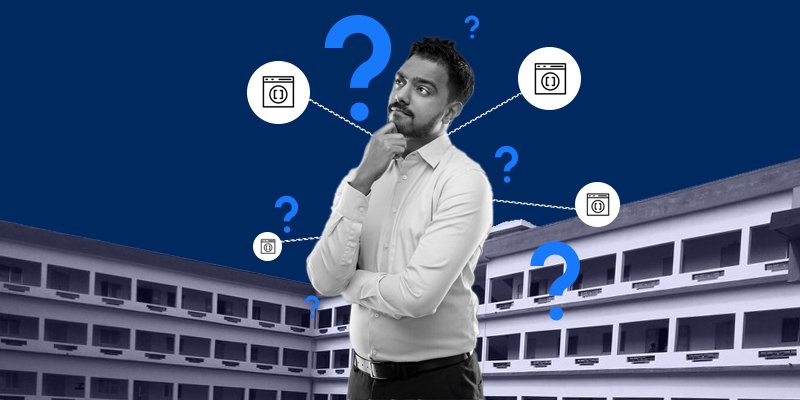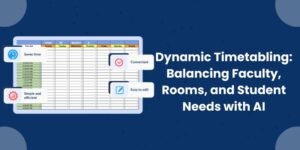In today’s education landscape, embracing technology is crucial for boosting efficiency and simplifying administrative tasks. One of the most significant tech investments for schools, colleges, and universities is Enterprise Resource Planning (ERP) software. These ERP systems are designed to help educational institutions manage everything from student information and academic operations to finances, human resources, and communication – all in one cohesive platform. When it comes to selecting the right ERP for your school, it’s important to carefully evaluate features, scalability, and the reliability of the vendor. This guide will walk you through the selection process and help you pinpoint the best ERP software for your institution.
Understanding the Role of ERP Software in Education
ERP software in education centralizes and automates a variety of administrative processes, which cuts down on manual work and ensures that data management is accurate. From student admissions to exam results and payroll processing, an ERP system acts as the backbone of an institution’s operations. Today’s ERP solutions also integrate seamlessly with educational technology tools, leading to better decision-making and enhanced institutional efficiency.
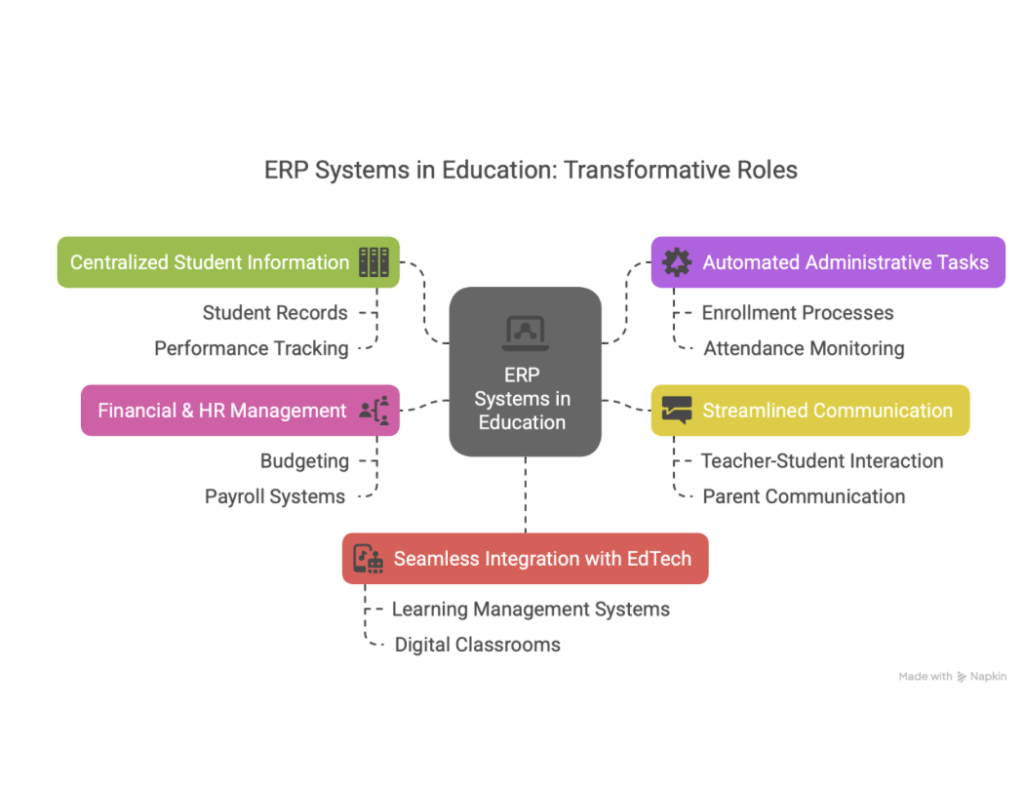
Benefits of Implementing ERP software in Educational Institutions
Improved Administrative Efficiency
An ERP system takes care of routine administrative tasks like admissions, fee management, timetable scheduling, and attendance tracking, which means less paperwork and more time saved.
Enhanced Student Data Management
With a student information system (SIS), educational institutions can keep a centralized database that tracks academic history, attendance, personal details, and exam performance.
Streamlined Communication Between Stakeholders
ERP solutions improve communication among students, teachers, parents, and administrative staff by offering a centralized platform for announcements, alerts, and feedback.
Key Features to Look for in Educational ERP Software
Student Information Management
A solid ERP should come with a detailed student database that keeps track of academic performance, attendance, discipline records, and personal information.
Academic Management
The ERP needs to support course planning, grading, assignment submissions, and managing examinations.
Human Resources and Payroll
Having a dedicated HR module is essential for efficient employee record-keeping, payroll processing, managing leave, and tracking recruitment.
Financial Management
The ERP should automate fee collection, generate invoices, manage budgets, and take care of financial reporting.
Communication Tools 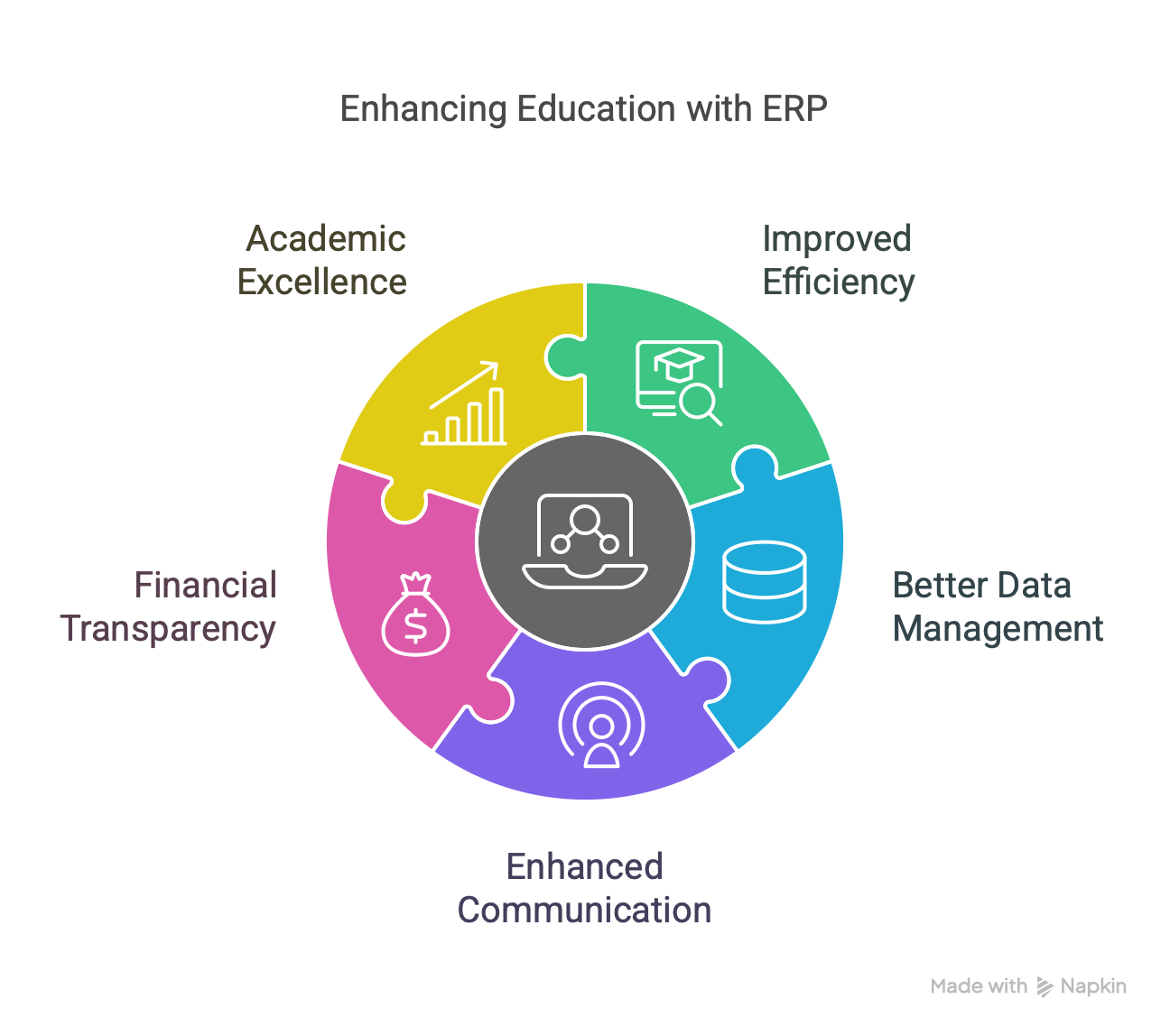
A built-in communication system is key for smooth interactions between teachers, students, and parents through email, notifications, and alerts.
Evaluating ERP Vendors
Reviewing Case Studies and Testimonials
Before settling on an ERP vendor, take the time to look over case studies and testimonials from other educational institutions to gauge their experiences and success rates.
Considering Customization and Scalability
Make sure the ERP solution can be tailored to meet your institution’s specific needs and has the flexibility to grow with you.
Implementation Considerations
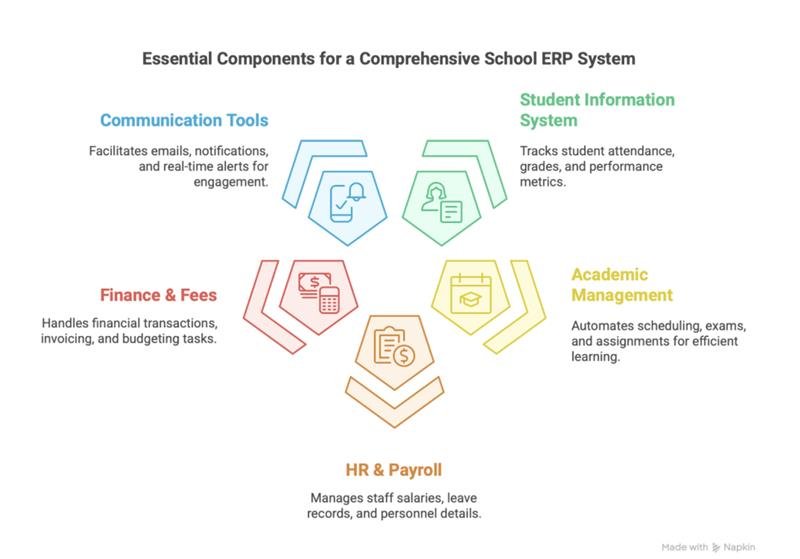
Planning and Timeline
Establish a clear roadmap with deadlines and milestones for the ERP implementation to prevent any disruptions in operations.
Training and Support
It’s important to ensure that faculty and staff receive adequate training and that ongoing technical support is available for any troubleshooting.
Ensuring Staff and Faculty are Well-Trained
Without proper training, the implementation of the ERP can encounter resistance or inefficiencies. A well-structured training program is vital.
Data Migration and Integration
Transferring existing data into a new ERP system must be done securely and efficiently, ensuring it works well with other platforms.
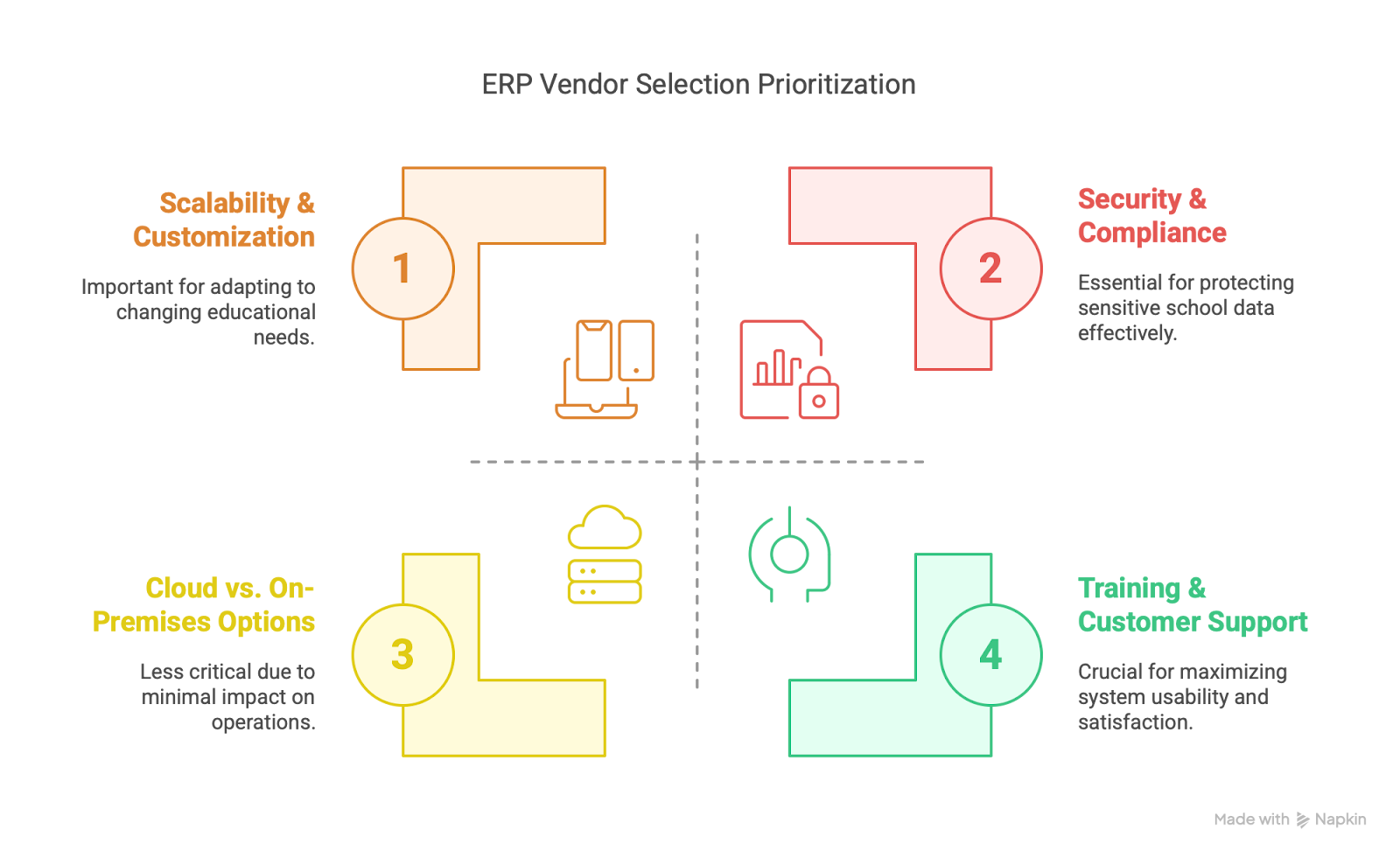
Looking for the best educational ERP solutions? Here are some top picks to consider:
Vaps ERP
VAPS ERP is a robust solution designed specifically for educational institutions, helping to streamline both administrative and academic tasks. Created by VAPS Technosoft, a Bengaluru-based EdTech company with over 20 years of experience, this ERP system is already in use at more than 6,000 institutions across India.
Academia ERP
Academia ERP is a cloud-based software that supports the entire student lifecycle, from management to financial tracking and institutional analytics.
Ellucian
Ellucian ERP is a popular choice among higher education institutions, known for its features in student information systems, financial planning, and academic scheduling.
Fedena
Fedena is a comprehensive school management system that covers everything from admissions and attendance to examinations and parent-teacher communication.
Camu
Camu offers a mobile-first ERP solution tailored for K-12 schools and higher education, seamlessly integrating learning management with administrative tools.
Focus Softnet
Focus Softnet provides a powerful education ERP platform that improves data management, streamlines administrative processes, and supports various learning activities.
Blackbaud
Blackbaud ERP focuses on fundraising and student engagement tools, making it a great fit for non-profit educational institutions.
PowerSchool
PowerSchool ERP delivers cloud-based management solutions for K-12 schools, emphasizing student success tracking and effective classroom management.
MyClassBoard
MyClassBoard is a popular ERP choice for schools, featuring attendance tracking, online fee payments, and comprehensive academic reporting.
Teachmint
Teachmint is an ERP solution designed for hybrid learning environments, combining live classes, attendance management, and assessments into one platform.
FAQs
What’s the average cost of rolling out an educational ERP system?
The price tag for an educational ERP system can really vary depending on how many users you have, what modules you need, and how much customization you want. Generally, you’re looking at anywhere from $5,000 to $50,000 for smaller to mid-sized institutions, while larger universities might shell out over $100,000.
How long does it usually take to get an ERP up and running in a school?
The timeline for implementation really hinges on how complex the ERP is and how ready the institution is to adopt it. On average, you can expect the deployment process to take between 3 to 12 months, which includes everything from data migration to training.
Can educational ERP systems work with existing platforms?
Absolutely! Most modern ERP solutions are designed to integrate seamlessly with learning management systems (LMS), financial software, and other third-party applications.
Do ERP vendors provide training for staff and faculty?
Yes, reputable ERP vendors typically offer training sessions, user manuals, and customer support to help institutions make a smooth transition.
How secure is student data in these ERP systems?
Educational ERPs prioritize security by using encryption, role-based access control, and secure cloud storage to keep student data safe from unauthorized access and cyber threats.
Are cloud-based ERPs better than on-premises solutions for schools?
Cloud-based ERPs tend to offer better accessibility, automatic updates, and lower upfront costs, which makes them a popular choice for many schools. However, on-premises solutions can give you more control over data security and customization options.

